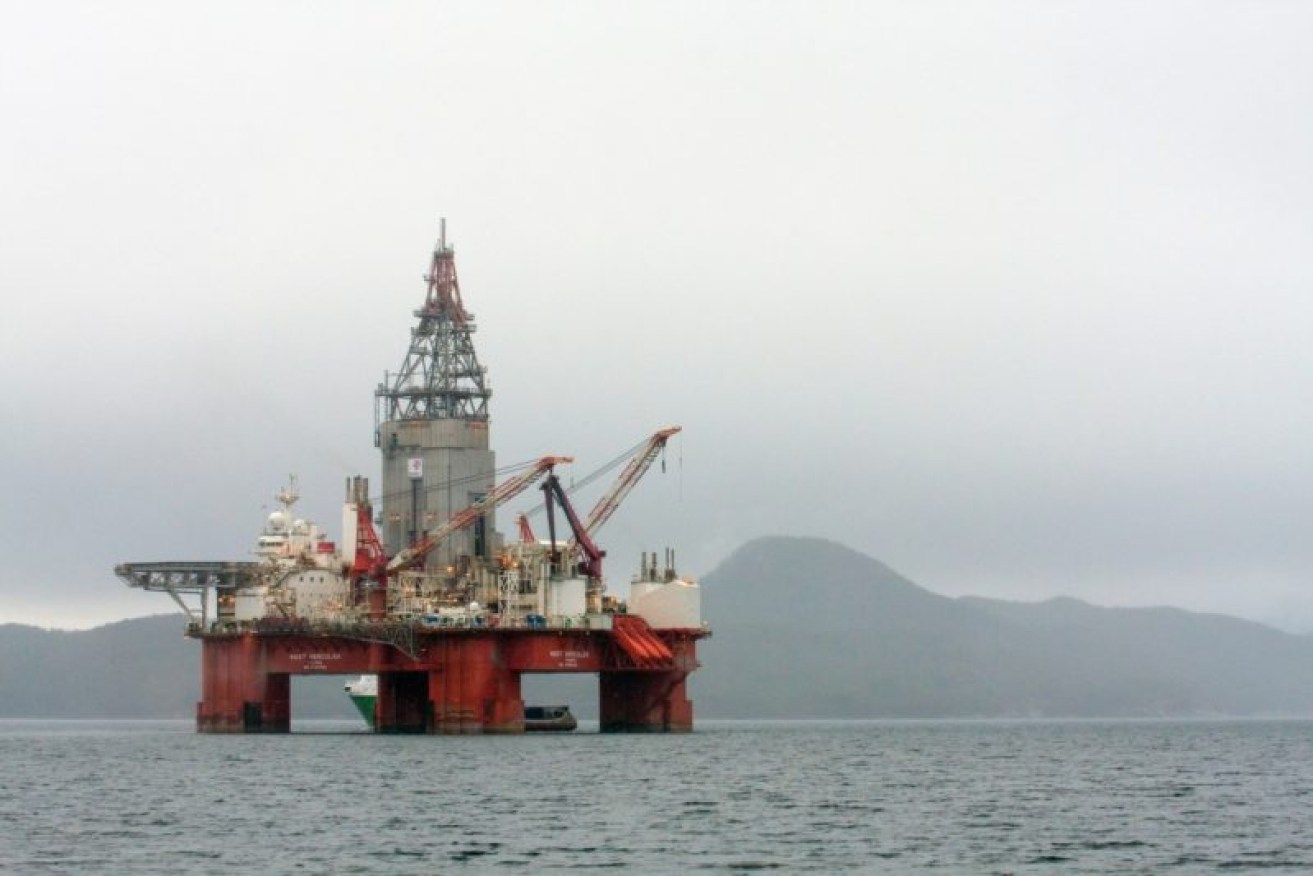AustralianSuper cuts investment carbon footprint


Australian super is cutting its carbon exposures. Photo:AAP
AustralianSuper, Australia’s largest super fund with $100 billion under management, has cut the carbon footprint of its investment portfolio by 10 per cent in the two years to December.
The news came out of an assesment report produced by an external services provider’s of the carbon footprint of AustralianSuper’s equities portfolio which is carried out every two years.
AustralianSuper’s ESG (environment, social, governance) investment manager, Kelly Christodoulou, told the Australian Superannuation Investment conference in Cairns that carbon footprinting helps the fund to engage directly with companies and other fund managers to understand how they are managing the transition risk in moving to a low carbon economy.
“We are active owners and have three pillars to our ESG framework. The three pillars also sit across our transition to a low carbon economy,” Ms Christodoulou told the conference.
The first pillar aims to improve investment outcomes with the integration, consideration and valuation of ESG issues. The second pillar focuses on stewardship and how AustralianSuper exercises its rights and responsibilities as owners of capital, the Financial Standard reported.
Members now have ethical option
The third pillar ensures the fund caters to members’ personal values. Earlier this year AustralianSuper released its first Socially Responsible Investment (SRI) option allowing members to gain exposure to this option.
Ms Christodoulou said there are two main levels of risk in transitioning to a low carbon economy – transition risk and fiscal impact risk. Transition risk revolves around the likely future constraints of fossil fuel consumption including policy and technology risk. Fiscal impact risk relates to financial damage suffered by companies in the portfolio.
It’s about investment risk
The focus on carbon footprinting is important to super returns because of the likelihood of regulatory moves to curb emissions which will reduce the value of high carbon emitting companies.
“We know that climate policy is coming but we don’t know what it is or when it’s going to be. We know climate variability is coming but we don’t know what it is and when it’s going to hit,” Ms Christodoulou said.
A spokesman for Australian Super told The New Daily that reducing the carbon footprint of the group’s investments was “very much a financial view. We’re a long-term investor.”
“Carbon footprints are only “one of many considerations in the investment process,” he said.
The New Daily is owned by industry super funds.








